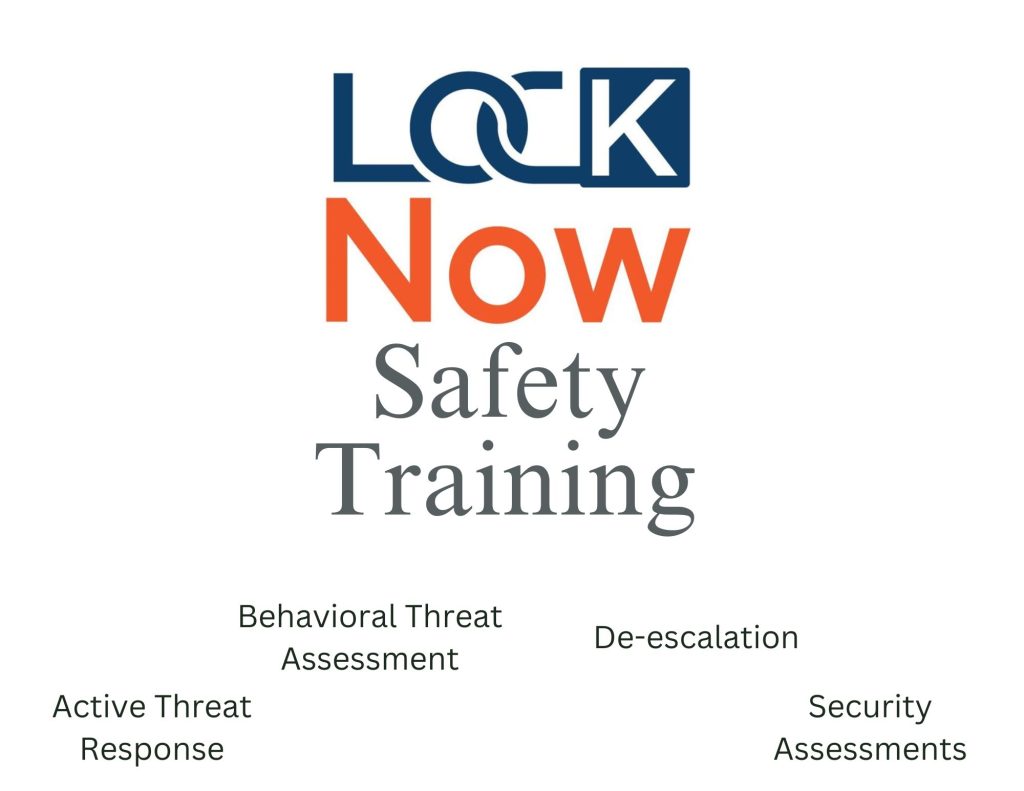Church Security
Houses of worship have traditionally served as sanctuaries of solace, community, and refuge for individuals from diverse backgrounds. However, an alarming rise in violent incidents at churches in recent years has heightened concerns regarding the security of parishioners. Consequently, many religious institutions are reassessing and fortifying their church security plans to better safeguard their congregations. This article delves into the critical importance of church security, offering numerous strategies and insights to enhance protective measures.
Ensuring the safety and well-being of congregants through preventative church security measures is paramount for churches. It necessitates a commitment to continually evaluate and improve upon existing safeguards. Several effective strategies can be implemented to boost church security, such as creating a culture of awareness, installing advanced security cameras and locks, training volunteers comprehensively, and forging partnerships with local law enforcement agencies.
We provide practical tips for churches aiming to cultivate a more secure environment. Whether you are a church member concerned about safety or a church leader dedicated to protecting your congregation, this guide offers valuable advice to strengthen your church security efforts. For more specific guidance or safety training, reach out to us at team@locknowapp.com.
Invest in Security Cameras:
Installing security cameras is a powerful deterrent against unlawful activities. These cameras should be chosen based on image quality, coverage area, and storage capabilities. Some models offer real-time monitoring through centralized systems and are equipped with night vision to capture clear footage in low light conditions.
Secure Doors and Windows:
Ensuring that all doors and windows are locked when the church is unoccupied is fundamental. Upgrading to high-security locks, especially on entry points used during services, enhances protection. Electronic locks that can be re-coded are particularly useful for changing access as needed.
Train Volunteers for Emergency Situations:
Equipping volunteers with knowledge and skills to handle emergencies is crucial. Training should cover protocols for dealing with unauthorized individuals and providing first aid, ensuring prompt and effective responses to any crisis. Locknow offers active threat training online as well as in person, you can find more information here.
Implement a Visitor Management System:
Monitoring who enters and exits the church can be achieved through simple measures like a sign-in sheet or more sophisticated electronic systems that require identification. Such systems should collect essential visitor information securely.
Develop a Comprehensive Emergency Plan:
Prepare for various emergencies by establishing a clear church security plan that includes evacuation procedures and responses to incidents like fires, medical emergencies, or active shooter situations. Regular drills will familiarize everyone with the plan, enhancing readiness. Possibly most important, don’t forget a plan for communicating an emergency.
Enhance Lighting Around the Premises:
Proper lighting around the church and its perimeter can significantly reduce the risk of criminal behavior. Motion-sensor lights and timed lighting systems are effective in maintaining visibility and security.
Collaborate with Local Law Enforcement:
Strengthening ties with local police can provide additional security layers through joint security assessments and event-specific protection. Law enforcement can also offer valuable training on emergency response protocols.
Church security is a crucial aspect of maintaining the safety and well-being of congregations. By adopting the proactive measures outlined in this article, churches can substantially mitigate risks and ensure a safer environment for all attendees. Remember, maintaining church security is an ongoing effort that requires regular review and adaptation to emerging security challenges and technologies. By prioritizing the safety of congregants, churches can ensure a secure and peaceful environment for worship and community activities. This guide offers foundational steps for churches seeking to bolster their church security plan, but continuous vigilance and proactive enhancements are essential to safeguarding the congregation effectively. Additionally, here is a another resource provided by the lead pastor.

